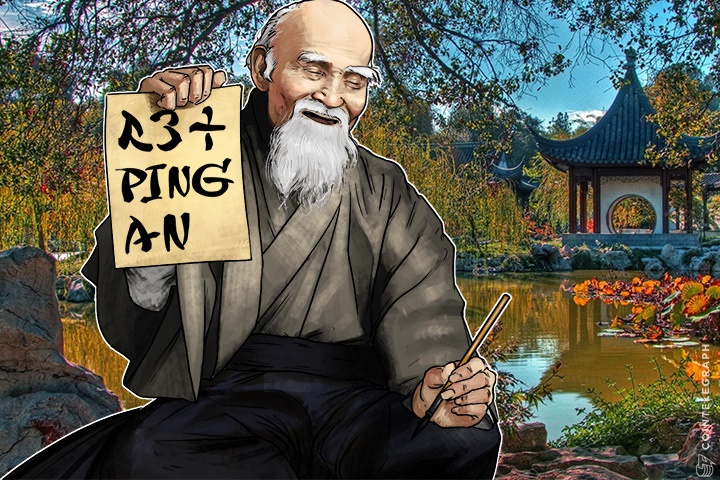China’s Ping An was recently added to R3, the global consortium working on ways to apply blockchain technology to existing financial markets.
Ping An is China's second-biggest insurance company - and the first to adopt a shareholding structure in a country with the world’s second largest economy.
This addition is likely to grant access to other non-pure-bank global institutions, says the co-founder and CEO of BNC, a digital asset market data provider, Fran Strajnar.
Catalyst for no-bank sector to join R3
Strajnar says:
“David Rutter said it well - it’s 'An important Milestone.' This is the first non-pure-bank member of R3 and I suspect Ping An's joining of R3 will be the catalyst for other non-bank companies in the financial service sector to also start joining.”
The size has not been the only factor which made R3 CEO David Rutter, a former CEO of one of the world's largest interdealer brokers ICAP, describe the addition of Ping An to the consortium as "an important milestone".

Big fish
Ping An is the first Chinese company to join the group which is comprised of more than 40 of the world's biggest banks and other financial institutions, including Barclays and Goldman Sachs. It will spur the achievement of the mission set by the R3 alliance to benefit from distributed ledger technology.
It is also expedient to consider its size in the Chinese financial market. Ping An has a market cap value of $90 billion and focuses primarily on the banking and insurance industries with investments in the forex industry. In December 2014, Ping An, along with Sberbank, invested $27 million into the online foreign currency trading platform eToro.
As at December 31, 2015, Ping An’s online user base had grown to nearly 242 million users, up 75.9% compared with the beginning of 2015; the user base of internet finance companies had grown to 183 million.
Ping An’s addition is in line with growing global representation of the consortium which has recently added São Paulo-based Itaú Unibanco, its first entity from Latin America, along with South Korea’s Hana Financial and Japan's SBI Holdings.


